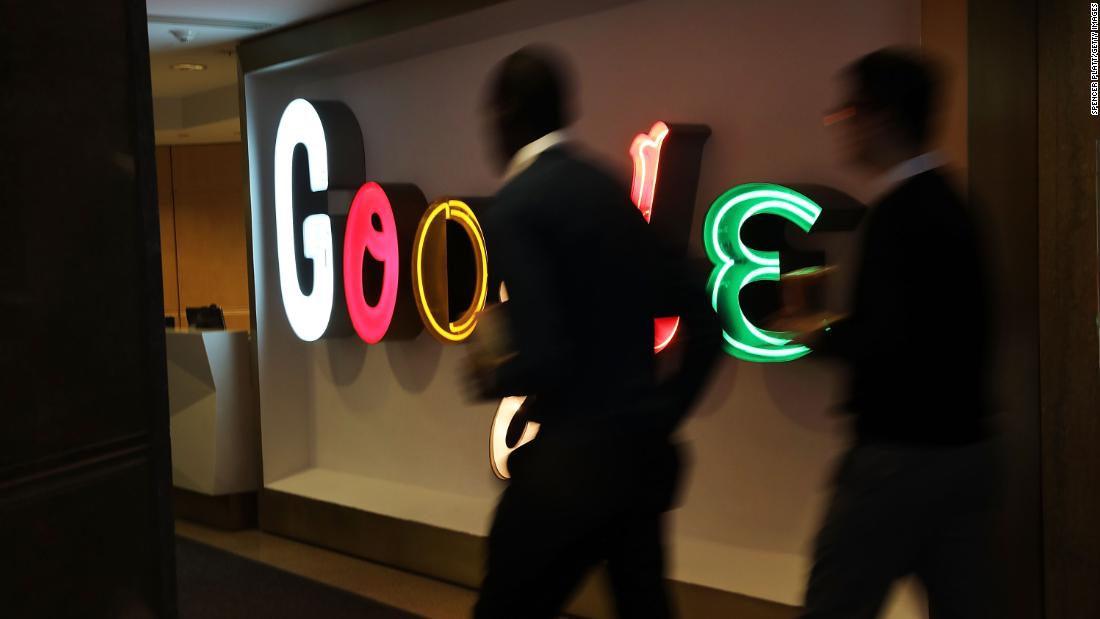[ad_1]
Other Google employees who have also organized protests described the firings as an attempt to intimidate workers.
On Tuesday, a Google spokesperson told CNN Business the workers were fired for accessing information that was restricted under a need-to-know policy. One of the workers, the spokesperson said, had subscribed to other Google employees’ work calendars without their knowledge. Those employees later reported feeling violated, the spokesperson added.
But the policy was only recently changed, according to the joint statement by other Google employees, and left it ambiguous as to which documents were subject to the policy.
“The policy change amounted to: access at your own risk and let executives figure out whether you should be punished after the fact,” the workers’ statement said. “We knew then, and it’s clear now: this policy change was setting up an excuse to retaliate against organizers, allowing the company a pretext for picking and choosing who to target.”
The growing friction between Google and its rank-and-file employees is a turning point for a company that for years has been among the world’s most desirable places to work. But Google isn’t alone in its struggle to adapt to an increasingly activist employee base.
Google execs running the March 2018 meeting on corporate sponsorship told workers their feedback was extremely valuable.
“The reality is that I think it’s only through having this kind of open dialogue that we get to the best answers and best approach for the company,” Adam Kovacevich, Google’s then-director of US public policy, told employees in a recording later obtained by CNN.
In the public imagination, Google’s workplace culture has historically celebrated employee independence. For years, it offered what came to be known as “20% time” — the ability for Google workers to spend up to a fifth of their workweek on side projects that occasionally turned into real Google products. The concept, along with Google’s other substantial perks and its longtime motto, “Don’t be evil,” drew contrasts with the rest of corporate America and helped project the image of a warm, friendly company that prioritized its employees.
Workers were also naturally drawn by a sense that, despite being a corporation, employers like Google were on a mission to make the world a better place, said James Bailey, a management professor at George Washington University.
“There is this idea that tech elevates us all and transforms our lives and makes it better,” Bailey said. But, he added, Google’s recent moves could disillusion workers who may now feel the company is “compromising the very raison d’être that tech should be about.”
That could reinforce changing perceptions that the company is increasingly focusing its energies on identifying sources of internal dissent.
“I say to Google: it is time to address the racism, harassment, and harmful contracts at your company and treat your workers with the respect and dignity they deserve,” he said.
[ad_2]
Source link



